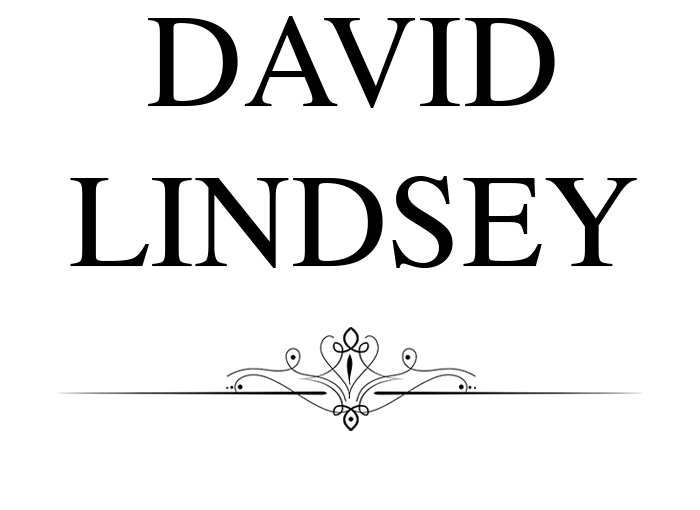We know that nothing ever stays the same, that change is constant and inevitable. Heraclitus is famously attributed the idea that “No man ever steps in the same river twice, for it’s not the same river and he’s not the same man”.
Nothing ever stays the same—except, I think, human nature.
Regardless, one of the ways we survive the constant change is by adapting. Adapt or die is a common cliché. And now, with the arrival of the digital age, we see that not only do things continue to change but we’ve now been introduced to the acceleration of change. Things change faster, monumentally faster, so fast its difficult for many of us to absorb the implications of what those changes are. We see this every day.
But it’s true, too, that change has consequences.
All of these ideas and issues play a significant role in a recent article in The Atlantic Monthly: “A Secretive Hedge Fund is Gutting Newsrooms,” by McKay Coppins. This article tracks the demise of the Chicago Tribune and sees it as a prime example of what is happening to local newspapers all across the nation. Coppins says,
In the past 15 years, more than a quarter of American newspapers have gone out of business. Those that have survived are smaller, weaker, and more vulnerable to acquisition. Today, half of all daily newspapers in the U.S. are controlled by financial firms, according to an analysis by the Financial Times, and the number is almost certain to grow.
Coppins quotes David Simon, a former Baltimore Sun reporter turned screenwriter, and author of the television series, “The Wire,”
“The practical effect of the death of local journalism is that you get what we’ve had,” he told me, “which is a halcyon time for corruption and mismanagement and basically misrule.”
So how do we adapt to this enormous change in our culture if we are to survive? Do we need to adapt? Or do we just watch it happen and live with the consequences?
I urge you to read this article. There’s a lot of food for thought in it. And some alarm bells as well.

